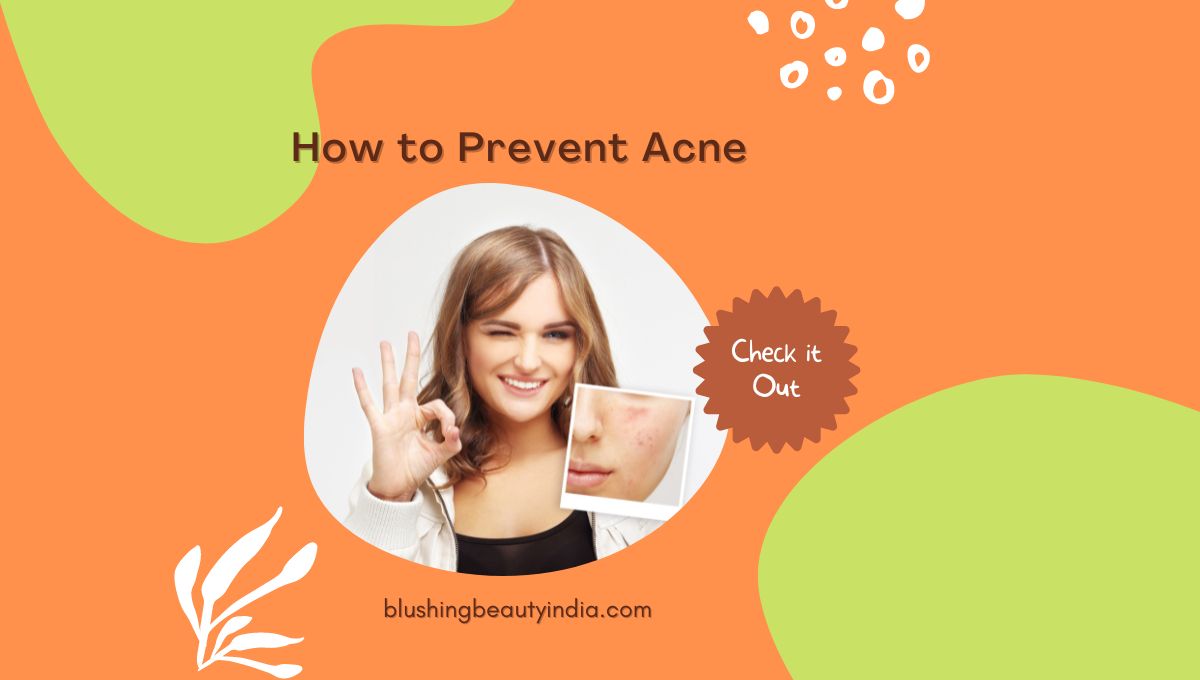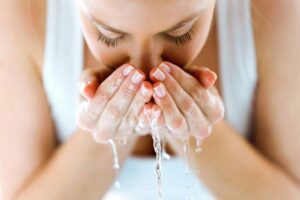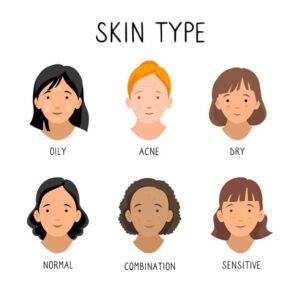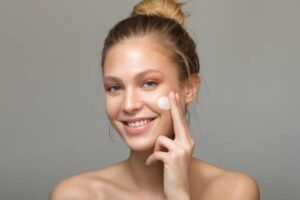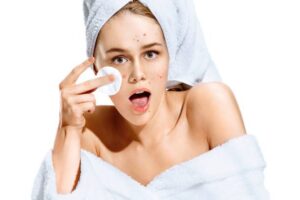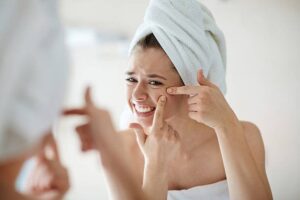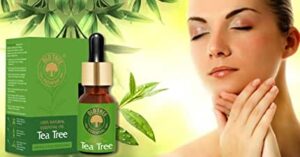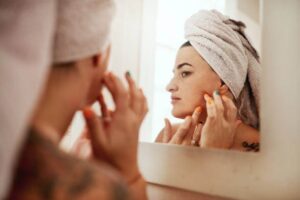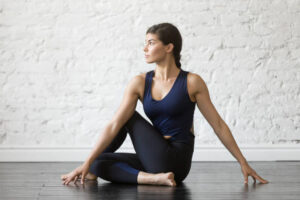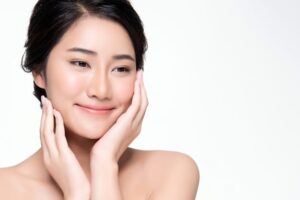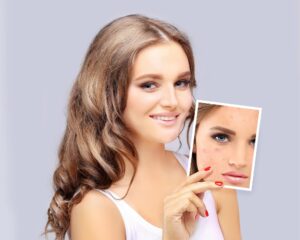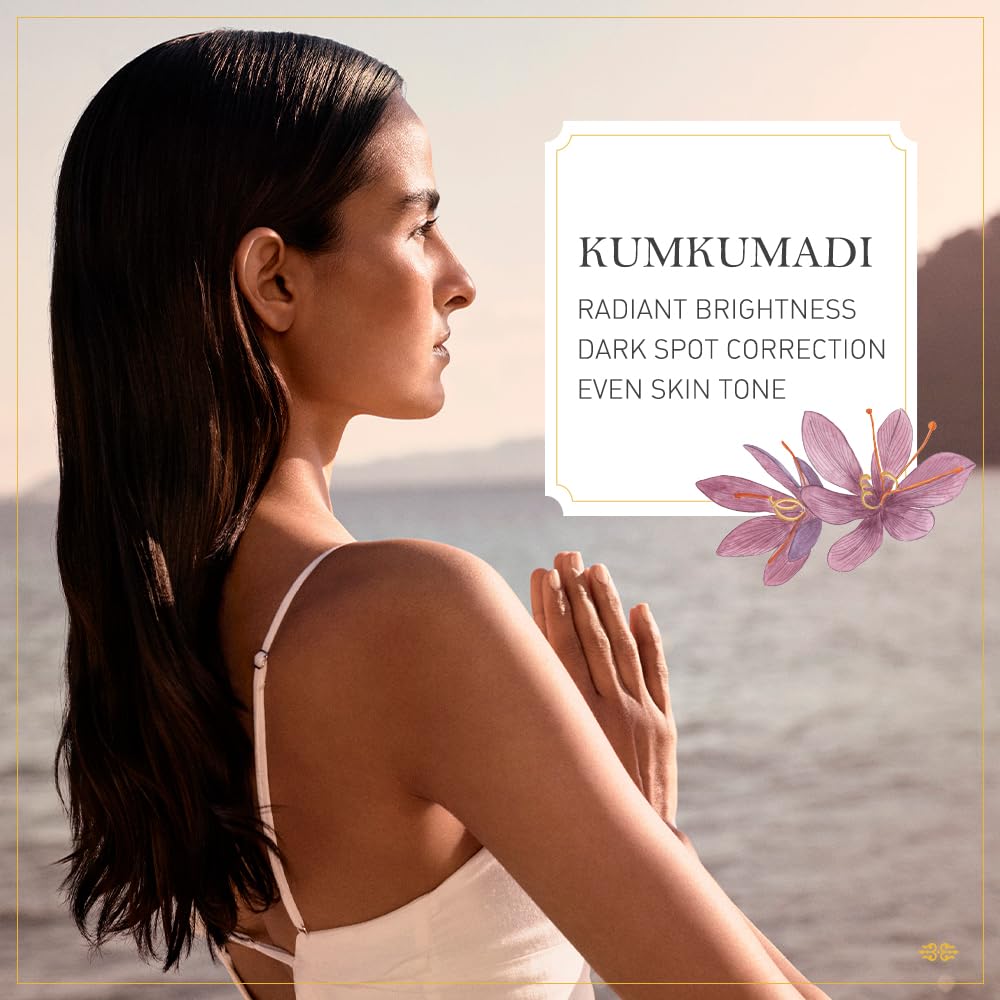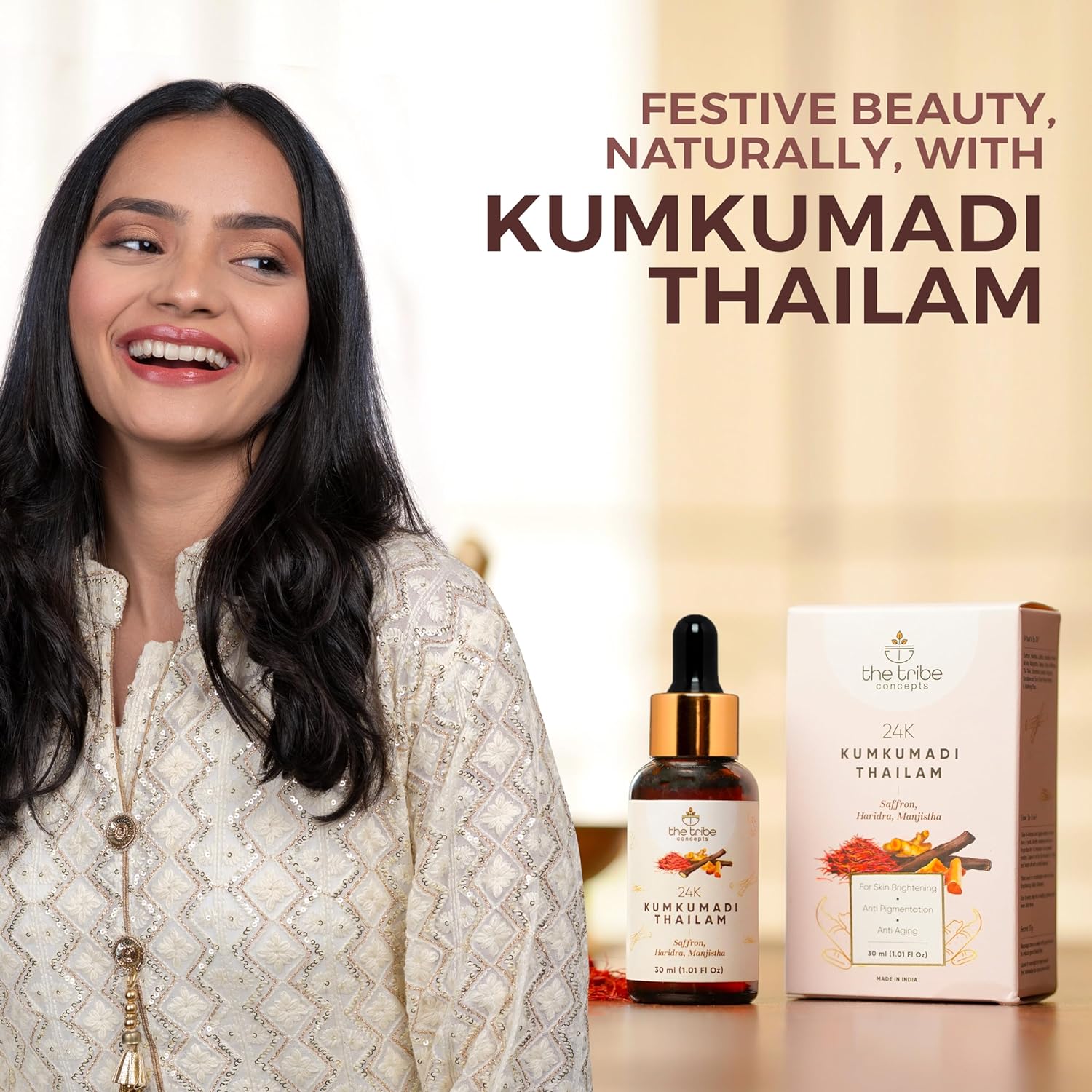1. Properly wash your face
If you have acne, you’ve probably struggled with the shame of having spots on your face. Having acne can be embarrassing, as it can make you feel inferior to others and cause you to feel self-conscious. However, there is help! Acne can be prevented or reduced, and there are many things you can do to help yourself.
2. Know your skin type
3. Use a moisturizer
4. Use over-the-counter acne treatments
Acne is a skin condition that causes red bumps on the skin. It can be caused by hormones, bacteria, or genetics. It is common in adolescence and can be embarrassing. There are many over-the-counter (OTC) acne treatments that can help reduce pimples and prevent them.
5. Stay hydrated
6. Limit makeup
7. Try not to touch your face
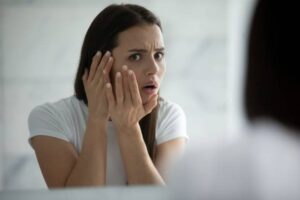
8. Limit sun exposure

9. Don’t be a pimple popper
10. Try tea tree oil
11. Use antibiotics
12. Apply French green clay
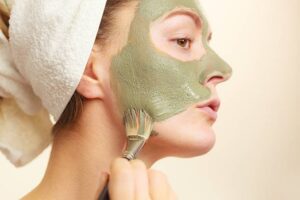
13. Avoid certain foods
To prevent pimples from forming on your skin, avoid foods that are high in oil and fat, such as fried foods, greasy foods, and fast food restaurants. Also, keep in mind that food coloring can contain chemicals that may clog pores.
14. Try stress-busting activities
Managing acne-:
Acne is a common skin disease that can affect almost any area of your body. It is caused by sebum production and blockage in the hair follicle. The best way to prevent acne is to keep your skin clean and oil-free. Other factors that may contribute to acne include dirty hair, excess hair on your face, and the use of tight clothes.
What causes acne?
What’s the difference between acne and pimples?
When to connect with a doctor
Alternative Treatments To Stop Pimples And Acne-:
1. Benzoyl Peroxide – :
- Many people with acne and pimples are looking for alternative ways to treat their skin condition. Benzoyl peroxide is often used to treat acne, but there are other natural remedies that can be just as effective.
- Herbs, lifestyle changes, and even diet can all play an important role in reducing and preventing outbreaks of acne and pimples. In this article, we will discuss 14 natural treatments to help prevent and reduce acne and pimples.
- Acne and pimples are common skin care problems that people of all ages suffer from. While there are many over-the-counter and prescription treatments available, many are loaded with harsh chemicals that can irritate the skin.
- Natural remedies using home ingredients may offer a gentler solution for those who don’t want to use conventional products to fight their pimples. From using honey to apply directly to the skin to create your own DIY face wash, there are plenty of alternative treatments to stop pimples and acne without the use of benzoyl peroxide.
- Although many mainstream treatments are expensive, there are more natural remedies available. Benzoyl peroxide is a common topical treatment for those with mild to moderate acne. It works by killing the bacteria that cause acne, reducing inflammation, and preventing the skin from becoming oily.
- In this article, we will discuss 14 tips and remedies to prevent acne and pimples naturally. In addition, we will explore the causes of acne and pimples, as well as how to properly take care of your skin.
- Alternative treatments can be an effective way to manage the occasional acne breakout. Benzoyl peroxide is a common ingredient in over-the-counter acne treatments. It works by killing bacteria in the skin pores that can lead to breakouts. It does this without causing as much irritation as some of the other treatments.
2. Salicylic Acid-:
- Salicylic acid, found in many over-the-counter acne treatments, is a great option for those who want to take a natural approach to treatment.
- Acne and pimple breakouts are common skin problems that can be difficult to treat. While there are many over-the-counter treatments available, they can be expensive and have potential side effects. Thankfully, there are a number of natural remedies that can be used to stop acne and pimples in their tracks. Salicylic acid is one such alternative treatment that can be beneficial in controlling pimples and acne.
3. Sulfur-:
Acne and pimples are skin issues that affect millions of people worldwide. While there are many treatments available, some people prefer to use alternative treatments, such as sulfur, to control breakouts and reduce their appearance.
Sulfur is a naturally occurring mineral found in nature, and when applied to the skin, it can help reduce the size and frequency of pimples and acne. In this article, we’ll look at the ways sulfur can be used to treat acne and pimples, as well as other tips and remedies that can help keep your skin free from breakouts.
4. Tretinoin
5. Azelaic Acid
5. Laser Treatment
6. Chemical Peeling-:
7. Microdermabrasion
How To Prevent Pimples Using Home Remedies
| INGREDIENT | HOW IT HELPS |
|---|---|
| Tea Tree Oil | It has antibacterial properties that help prevent acne and pimples. |
| Honey | It has anti-inflammatory and antibacterial properties that help in reducing inflammation. |
| Aloe Vera | Apart from having antibacterial properties, it also helps in calming your skin. |
| Ice Cube | Rubbing an ice cube on the pimple reduces inflammation. |
| Toothpaste | You can use toothpaste for treating acne and pimples |
| Aspirin | Aspirin is not just used for relieving pain but also for managing acne. |

